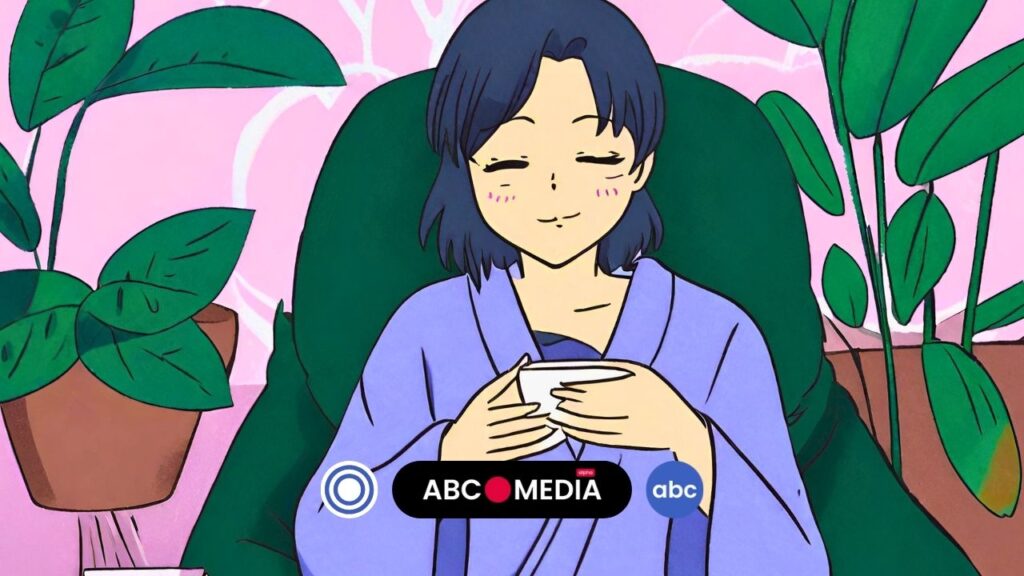In the fast-paced and demanding world we live in, maintaining a healthy relationship can sometimes be challenging. However, the key to fostering a strong and fulfilling relationship lies in an often overlooked aspect: self-care. Taking care of ourselves physically, emotionally, and mentally allows us to show up as our best selves in our relationships. In this article, we will explore the significance of self-care in relationships and discuss practical ways to prioritize it.
Understanding Self-Care

Self-care is a holistic practice that involves nurturing our physical, emotional, and mental well-being. It encompasses activities that promote self-love, self-awareness, and self-improvement. Self-care is not selfish; instead, it is essential for our overall well-being. By investing time and energy into self-care, we can develop a solid foundation for healthy relationships.
Self-care forms the bedrock of a healthy relationship. When we prioritize our own needs and well-being, we bring our best selves into our partnerships. By taking care of ourselves, we become more resilient, compassionate, and understanding partners. Self-care helps us maintain a healthy balance between our personal and relational lives, which is vital for long-term relationship success.
Prioritizing Physical Health

Physical health plays a crucial role in relationship dynamics. When we neglect our physical well-being, it can lead to fatigue, irritability, and a lack of energy to invest in our relationships. Engaging in regular exercise, maintaining a balanced diet, and getting enough rest are fundamental aspects of self-care that contribute to our overall vitality. When we feel good physically, we are better equipped to show up fully for our partners.
Emotional well-being is the cornerstone of any healthy relationship. It involves recognizing, understanding, and managing our emotions effectively. Engaging in activities that bring us joy, seeking therapy or counseling when needed, and surrounding ourselves with positive influences are essential components of emotional self-care. When we nurture our emotional well-being, we become more emotionally available and capable of supporting our partners.
Developing Mental Resilience

Mental resilience is crucial in navigating the ups and downs of a relationship. Engaging in practices that promote mental well-being, such as mindfulness, meditation, and journaling, can help us develop resilience and cope with stress effectively. Taking care of our mental health allows us to communicate more clearly, manage conflicts constructively, and maintain a positive mindset in our relationships.
Effective communication and setting healthy boundaries are vital for maintaining a healthy relationship. By expressing our needs, desires, and concerns openly and honestly, we foster trust, understanding, and intimacy. Setting boundaries ensures that both partners’ individual needs are respected and honored. Engaging in regular check-ins and actively listening to our partners’ concerns are crucial components of nurturing healthy communication and boundaries.
Honoring Personal Time and Space

While being in a relationship requires quality time spent together, it is equally important to honor personal time and space. Allowing ourselves and our partners to pursue individual interests, hobbies, and friendships promotes a sense of independence and self-fulfillment. By balancing togetherness with personal autonomy, we create a healthier and more harmonious relationship dynamic.
Finding a balance between work and personal life is essential for relationship well-being. High levels of stress and overworking can strain relationships. By prioritizing self-care and establishing healthy boundaries around work, we can create more quality time for our partners and ourselves. This balance fosters a sense of stability, harmony, and fulfillment within the relationship.
Enhancing Intimacy and Connection

Intimacy and connection are key ingredients for a healthy and thriving relationship. Engaging in activities that promote intimacy, such as quality time, affection, and open communication, strengthens the emotional bond between partners. Engaging in shared interests, expressing appreciation, and practicing empathy and active listening deepen the connection and enhance overall relationship satisfaction.
Supporting each other’s personal growth is a vital aspect of a healthy relationship. Encouraging our partners to pursue their goals, dreams, and aspirations fosters a sense of support, trust, and admiration. By celebrating each other’s achievements and providing a safe space for personal exploration and growth, we create a foundation for long-lasting love and fulfillment.
Trust and transparency are the pillars of a healthy relationship. By cultivating trust through open and honest communication, we create a safe space for vulnerability and emotional intimacy. Sharing our thoughts, fears, and dreams without judgment or criticism fosters a deep sense of connection and understanding. Trust and transparency lay the foundation for a lasting and meaningful partnership.
Managing Conflict and Resolving Issues

Conflict is a natural part of any relationship. However, how we manage and resolve conflicts determines the health and longevity of the partnership. Engaging in constructive communication, active listening, and finding mutually beneficial solutions are essential in resolving issues effectively. By approaching conflicts with empathy, respect, and a willingness to compromise, we foster growth and understanding within the relationship.
Practicing Gratitude and Appreciation

Expressing gratitude and appreciation is a simple yet powerful way to nurture a healthy relationship. Regularly acknowledging and thanking our partners for their contributions, acts of kindness, and support strengthens the emotional bond. Taking time to reflect on the positive aspects of the relationship and expressing genuine appreciation fosters a positive and fulfilling connection between partners.
In conclusion, self-care forms the foundation for a healthy and fulfilling relationship. By prioritizing our physical, emotional, and mental well-being, we can show up as our best selves for our partners. Through effective communication, setting boundaries, supporting personal growth, and fostering trust and transparency, we cultivate a strong and resilient partnership. Remember, investing in self-care is not selfish; it is an essential component of building and nurturing a healthy relationship.
FAQs
1. Can self-care really improve my relationship?
Absolutely! Prioritizing self-care allows you to bring your best self into your relationship. By taking care of your physical, emotional, and mental well-being, you become more resilient, compassionate, and understanding, which positively impacts your relationship.
2. How can I find a balance between personal time and spending time with my partner?
Finding a balance between personal time and spending time with your partner requires open communication and setting healthy boundaries. Discuss your needs and desires with your partner, and create a schedule that allows for quality time together as well as individual pursuits.
3. What role does communication play in a healthy relationship?
Communication is vital in a healthy relationship. Open and honest communication fosters trust, understanding, and intimacy. It allows you and your partner to express your needs, concerns, and desires, ensuring that both of you feel heard and valued.
4. How can I resolve conflicts effectively in my relationship?
Resolving conflicts effectively involves active listening, empathy, and a willingness to find mutually beneficial solutions. Approach conflicts with an open mind, seek to understand your partner’s perspective, and work together to find compromises that satisfy both of your needs.
5. Why is gratitude important in a relationship?
Expressing gratitude in a relationship fosters appreciation and strengthens the emotional bond between partners. It encourages a positive outlook and helps you focus on the positive aspects of your relationship, enhancing overall satisfaction and connection.
